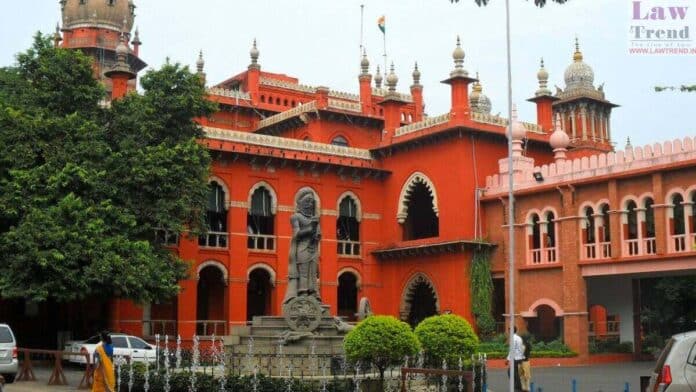The Madras High Court has upheld the Enforcement Directorate’s (ED) power to attach legal domestic assets equivalent in value to properties held abroad that were acquired through criminal activities. This ruling came as part of a money laundering investigation, reflecting the court’s commitment to protecting the economic interests of India.
The division bench, consisting of Justices S M Subramaniam and V Sivagnanam, delivered the verdict while addressing a petition filed by three Chennai-based companies. These companies contested the ED’s decision to attach their assets, arguing that they could not be held “vicariously liable” for the alleged offenses of individuals and shareholders linked to them. They further claimed that the properties in question were purchased well before any alleged bank loan fraud occurred.
In their detailed 14-page order, the justices clarified that under section 2(1)(u) of the Prevention of Money Laundering Act (PMLA), both the value of the property obtained from criminal activities and its equivalent held within India are considered “proceeds of crime.” This interpretation allows the ED to attach domestic assets equivalent in value to those criminal properties held overseas.

“The circumstances indicated under the said section are that any property derived by a person, as a result of criminal activity relating to a scheduled offence, can be treated as proceeds of crime,” the court stated. This means even properties acquired before the occurrence of the scheduled offense can be attached if they match the value of criminal assets held abroad.
The court also addressed the companies’ claim about vicarious liability, directing them to present their defense on merits and evidence at the Appellate Tribunal of PMLA. Despite dismissing their petition, the court emphasized that the trial related to this case should remain “uninfluenced” by its current findings.
The ED argued that it had traced the funds involved in the case back to a bank loan that was misused through various transactions across companies, leading to charges of money laundering. This case was registered in 2018 following a CBI FIR, underscoring a concerted effort by federal agencies to clamp down on financial crimes that threaten the economic fabric of the nation.







